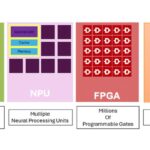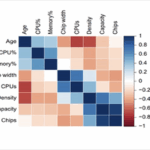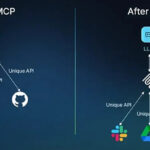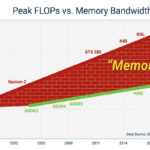 Efficient Computer has released the Electron E1 processor and made the effcc Compiler available for direct integration into developer toolchains. This is the first standalone hardware release from the company, enabling engineers to design and deploy intelligent applications where energy consumption and compute resources are tightly constrained.
Efficient Computer has released the Electron E1 processor and made the effcc Compiler available for direct integration into developer toolchains. This is the first standalone hardware release from the company, enabling engineers to design and deploy intelligent applications where energy consumption and compute resources are tightly constrained.
The Electron E1 processor is based on Efficient’s Fabric architecture, a spatial dataflow computing model that executes general-purpose code without relying on the traditional von Neumann approach of repeatedly transferring data between memory and compute cores. This architecture allows operations to occur directly within a distributed fabric of compute and memory elements, reducing the energy cost associated with data movement. The result is significantly lower power consumption than conventional low-power CPUs, enabling multi-year operation in battery-powered or maintenance-limited environments.
The E1 is programmable for general-purpose applications and supports a range of workloads, including edge AI inference, embedded control, and sensor data processing. It is designed for deployment in industrial, aerospace, defense, and wearable computing systems where ultra-low-power operation and predictable performance are required.
Alongside the hardware, the effcc Compiler is now downloadable for integration into standard development environments. Developers can compile code to target the Fabric architecture directly, supporting efficient execution on the E1 processor. The compiler was previously accessible only through an online sandbox but is now available for use in local build workflows.
The Electron E1 and effcc Compiler combination allows engineers to develop applications that operate within strict power budgets while maintaining general-purpose programmability. Efficient Computer is providing engineering support for teams building with the E1, including code optimization and architectural integration guidance.





Leave a Reply